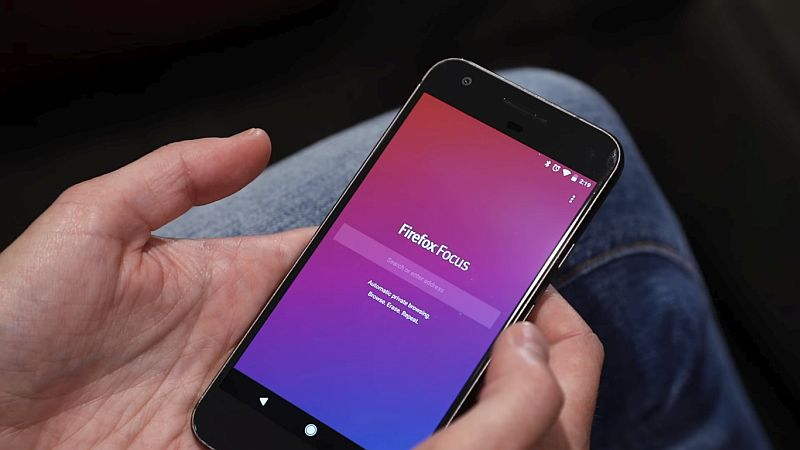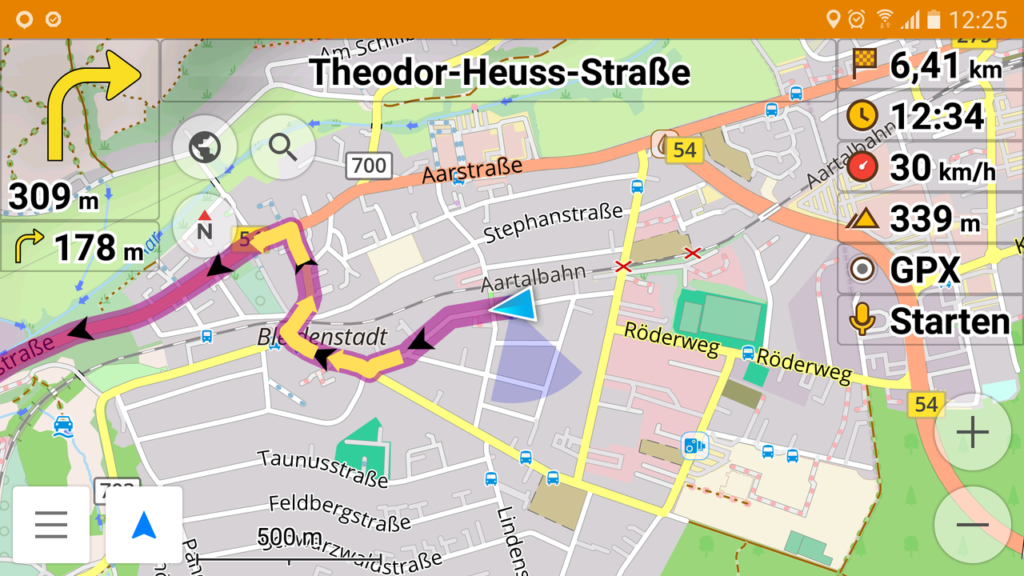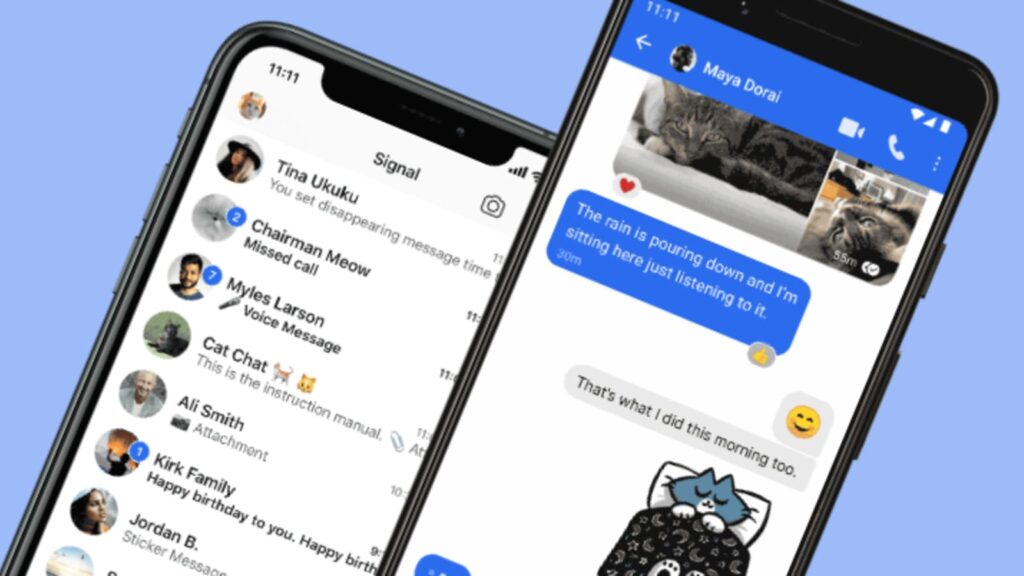It is possible to change the default browser, search engine, and map applications for more secure alternatives that focus on user data privacy. Google Chrome, for example, can be replaced by Firefox Focus, a browser that by default works in anonymous mode and has ad blockers. Or, you can replace WhatsApp with Signal, a messaging app that is considered “ultra-secure” and maintained in open source.
In the list below, Techidence brings you 5 options of apps available for Android and iPhone (iOS) that can be safer alternatives to traditional browser, search, maps, messaging, and email apps. Check out, below, how to increase your privacy on the web, preventing your information from being tracked with the platforms.
1. DuckDuckGo for search engine

For users who want more privacy when searching the web, DuckDuckGo is a more secure search engine option. The search engine is an alternative to rivals Google, Bing, and Yahoo by offering privacy features that guarantee not to track user information or save data such as search history. DuckDuckGo can be set as the default search option of the browser you normally use.
Unlike Google Search, for example, DuckDuckGo does not track your activities and therefore does not suggest content or show personalized search results based on your preferences. DuckDuckGo does not save your web activity, unlike Google, which keeps the search history of its users tied to your account. DuckDuckGo has an app available for Android and iPhone (iOS).
2. Firefox Focus for Browser

Firefox Focus is a more secure browser with a focus on privacy. The platform features ad blockers and trackers, which makes the browser’s usability more fluid, clean, and distraction-free. Another distinctive feature of Firefox Focus is that it works in Incognito mode 100% of the time, and you can delete all your browsing data at once with the click of a single button. The browser is available for Android and iPhone (iOS).
3. OsmAnd Maps for map

OsmAnd Maps can be an alternative to standard map apps. The platform focuses on privacy and stores the user’s location history on the device itself, working completely offline. To use the app, you must let OsmAnd determine your location, and then you can download the map of your region. After downloading the app, you can check routes, routes, establishments, and public transportation stops, such as bus stops and train and subway stations, for example.
4. Signal for messenger

Signal came into the spotlight after WhatsApp’s new privacy policies were announced in mid-January. Since then, the messenger considered “ultra-secure” has seen a growth of over 1,192% compared to 2020, and by January 2021, it had been downloaded over 50 million times.
The messenger has become an alternative to WhatsApp because it is privacy-focused, and open source – meaning anyone can check its security. Signal also has features to protect data, such as self-destructing messages, notification of prints, sending single-view photos, and biometric blocking. Signal has an app for Android and iPhone (iOS).
5. Tutanota for e-mail

There are several alternatives to traditional email such as Gmail, Hotmail, and Yahoo that may be more secure options. Tutanota, ProtonMail, and ZohoMail promise to offer users more privacy. Among the most secure options, Tutanota is the highest-rated solution, as it has end-to-end encryption, so all content is stored on secure servers and cannot be intercepted, not even by the company itself.
Tutanota also does not require the user’s phone number to verify the account, an action that is common to most e-mails. The downside of the app is that it is paid, and offers only 1 GB of free storage. Tutanota has an app available for Android and iPhone (iOS).
This post may contain affiliate links, which means that I may receive a commission if you make a purchase using these links. As an Amazon Associate, I earn from qualifying purchases.

